Alkaline Fruits: 5 Foods To Balance Your pH And Boost Health
Daily consumption of these delicious fruits can keep your body strong and mind sharp.
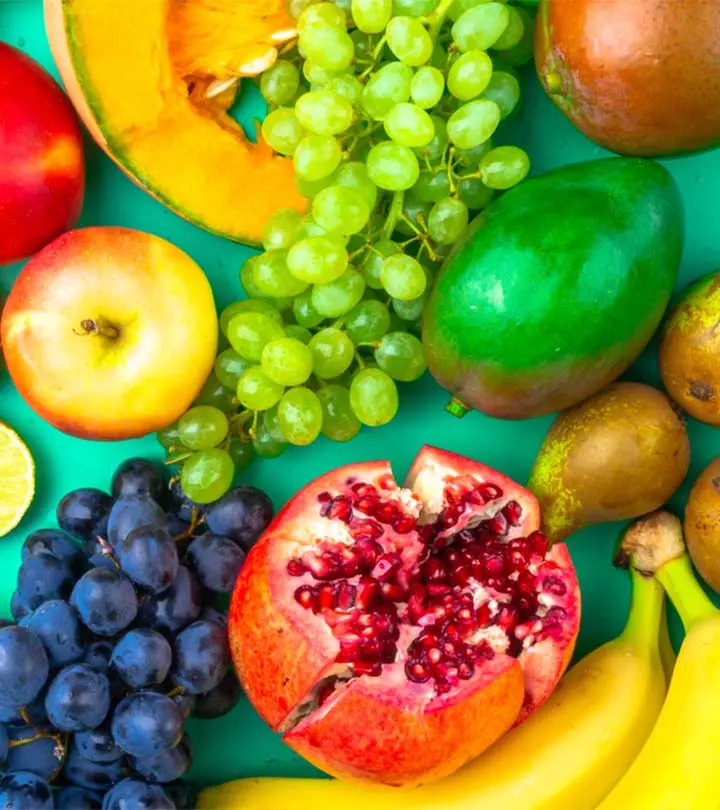
Image: Shutterstock
Alkaline fruits have lower acidity levels. Fruits like avocados, bananas, and apples fall in this category. Alkaline fruit benefits are recently gaining a lot of attention for many reasons. They can effectively neutralize the acid levels in the stomach. Read this article to know more about alkaline fruits, their benefits, which fruits fall in this category, and the possible side effects of consuming alkaline fruits. Scroll down.
 Know Your Ingredient: Alkaline Fruit
Know Your Ingredient: Alkaline FruitWhat Is It?
Any fruit with low acidic levels to help improve one’s overall health.
What Are Its Benefits?
Aids weight loss, improves digestion and brain health, and lowers cholesterol levels in the body.
Who Can Consume It?
All except those who experience migraines.
How Often?
You can consume it daily.
Caution
Excessive consumption can cause digestive problems, such as bloating and flatulencei The buildup of gas in the digestive tract, which is expelled through the rectum and is frequently brought on by digestion, food, or swallowed air. .
In This Article
What Is “Alkaline” And Why Is It Needed?
Alkaline being a vaguely familiar concept, let’s refresh your memory and understand what it is. Alkaline is denoted as anything that has a pH value of above 7 and is the exact opposite of anything acidic, which has a pH value of less than 7. Even the human body follows this concept. Our stomach, loaded with hydrochloric acid, is said to be of pH level between 2.8 to 3.7 making it acidic (1). Our blood pH level, on the other hand, is said to be 7.3, making it alkaline (2).
Known popularly as the “alkaline diet” today, this diet has found supporters in celebrities such as Victoria Beckham, Jennifer Aniston, and Gwyneth Paltrow. Originating from the acid-ash theory, it states that the food we eat affects the acidic or alkaline levels in our body (3). While more studies need to be conducted, limited studies suggest that eating a diet rich in alkaline fruits and vegetables may benefit people suffering from chronic kidney diseases (4).

Now that we know what is alkaline and why we need it, let us look at a list of alkaline fruits that are good for our health.
Key Takeaways
- Fruits like avocados, apples, and bananas have high alkaline pH values.
- The intake of alkaline fruits may help you lose extra pounds, improve eye health, and maintain a healthy digestive system.
- Keep them away from any meat to avoid cross-contamination while refrigerating them. Cut away rotten parts while eating.
- Avoid consuming fruits with high fiber content as they cause some side effects like bloating and flatulence.
5 Alkaline Fruits For Good Health
Alkaline fruits have a higher pH level and lower acidic level.
Due to this, they can be used to maintain the pH balance to relieve acidity. Let’s read about the different types of alkaline fruits that can be beneficial for our health.
1. Apples
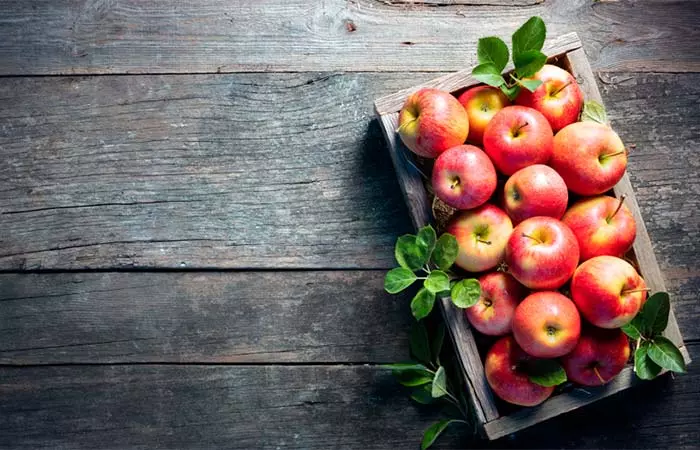
Apples are one of the most popular fruits globally for good reason. A medium-sized apple with a diameter of 3 inches provides 94.6 calories. Along with this, apples provide a host of nutrients such as vitamin A, vitamin C, calcium, and vitamin K (5). The peel and core of an apple provide fiber, which can help with weight and cholesterol levels. Apples are power-packed with nutrients and provide a range of health benefits. Research suggests that apples may help in losing those extra pounds, improve bone health, and may help reduce the symptoms of asthma among other things (6). They can be easily incorporated into tasty and healthy alkaline breakfast recipes.
Matt Harmon, a blogger, took up a challenge to eat three apples a day along with regular meals. He documented his journey on his blog over the course of 30 days and in conclusion, writes, “It changed so many things about my daily life. 1. Decreased the amount of food I eat. 2. Encouraged me to be healthy on a daily basis. 3. Encouraged me to be healthy on a long term basis. Over the course of this diet, I lost 8.5 lbs. I also lost 2 inches off of my waist. None of my pants fit me any longer and I had to buy a new belt. This was a long 30 days and a lot harder than I thought it was going to be. It was one of the best things I have ever done in my life. (i).”
2. Bananas
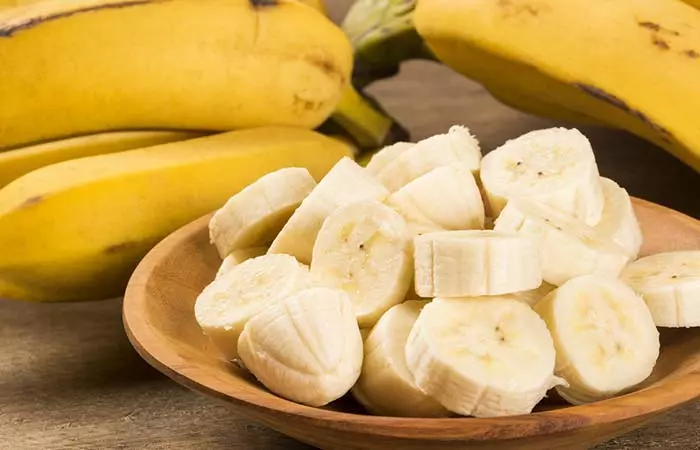
If you are looking for something to boost your energy, then bananas are the perfect choice for you. With a calorie count of 505, 1 large banana also provides potassium, magnesium, and phosphorus (7). Bananas are high in fiber, and research indicates that they are good for your digestive activity. Along with this, bananas may also help lower the risk of ulcers, strokes, and even help you get over that nasty hangover (8).
A 2025 study published in the PLOS One on bananas from a single lot found that dietary fiber was more in unripe bananas using the modified enzymatic-gravimetric (mEG) method (incubation at 37 degrees Celsius using amylase), while the level of fiber was almost the same at all stages of ripeness in bananas using enzymatic-gravimetric (EG) method (dried bananas). Starch was high in unripe bananas, while sugars such as sucrose, fructose, and glucose were significantly high in ripe varieties of bananas in comparison to unripe bananas.

Carbohydrate Content And Composition Of Bananas At Different Ripeness
Source: Dietary fiber, starch, and sugars in bananas at different stages of ripeness in the retail market3. Avocados
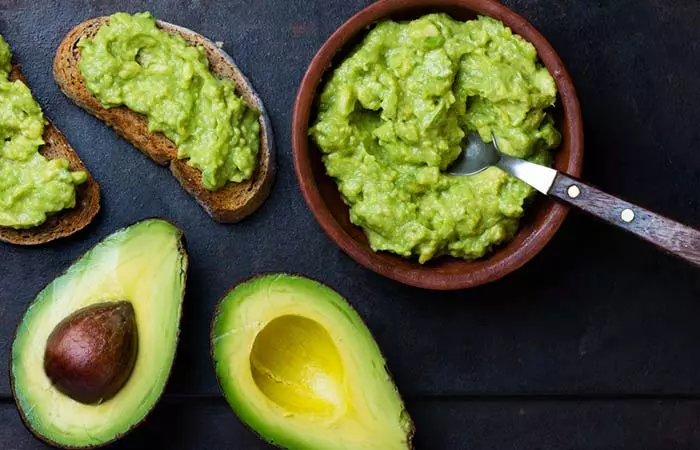
One fruit you certainly can’t do without is avocado. USDA suggests that 1 cup of sliced avocado can give you an amazing boost of 234 calories. With a high content of minerals such as potassium, magnesium, phosphorus, and vitamin A, it’s no wonder that avocados make for a healthy option for you (9). Used often by the pharmaceutical industry for its medicinal properties, a literature review found that avocados may not only help in the reduction of cholesterol, but might also play a role in our cardiovascular health (10).
4. Cantaloupe Melons
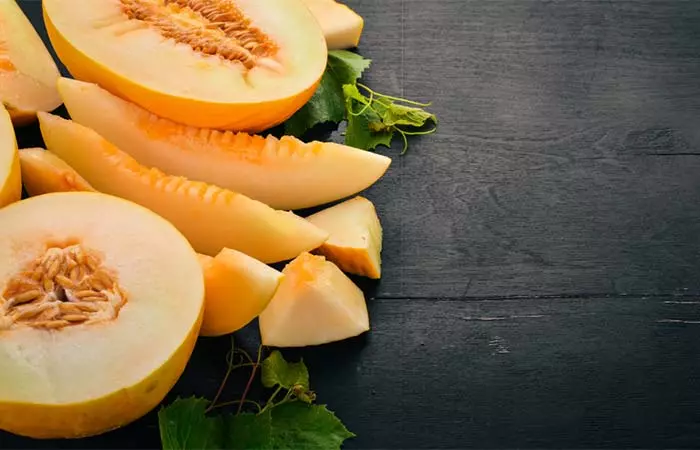
Cantaloupe melons are low in fat and sugar, making them an excellent addition to your diet. In addition to this, melons are also a great source of vitamin A, vitamin C, and beta-carotenei A pigment and antioxidant found in fruits and vegetables that the body converts into vitamin A. , making them a very nutritious source of food (11). Due to the presence of antioxidants such as flavonoids, melons may be useful in fighting inflammation, and in the reduction of free radicalsi Highly reactive, unstable molecules that can damage body cells and lead to several cardiovascular and inflammatory diseases. (12). They also provide hydration to the skin and body.
 Quick Tip
Quick Tip5. Dates
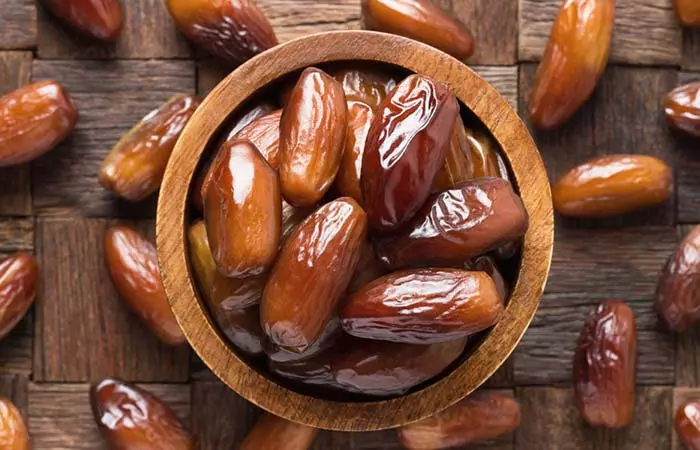
You read that right! Dates, often eaten in Middle Eastern countries are said to be good for your health. If you need a nice boost of energy in the morning or a filling snack, dates are the right choice. With a whopping 1160 calories, these dates are also a great source of calcium, phosphorus, and potassium (13). With research suggesting that dates have anti-inflammatory, antioxidant properties, you will not feel guilty about adding these natural toffees to your diet (14).
 Quick Tip
Quick TipThis diverse list of alkaline fruits shows that they can be great additions to your diet and may even provide a healthier alternative to snacks. Nonetheless, this list does not encompass one of the most prominent fruit categories, i.e., citrus fruits.
Are Citrus Fruits Alkaline?
Citrus fruits may seem acidic on the surface, but they have an alkalizing effecti The capacity of certain foods to increase the pH of the body, making it more alkaline and possibly less acidic. on the body once metabolized.
When consumed, citrus fruits such as lemons, oranges, and grapefruits break down in the body, releasing alkaline elements, particularly in the form of citric acid. This alkalizing effect can help balance the body’s pH levels, which is a critical aspect of your overall health. While the initial taste of citrus fruits may suggest acidity, it is their impact on the body’s internal environment that matters (15).
Thus, incorporating citrus fruits into your diet can contribute to maintaining a healthy pH balance. Although individual responses may vary, it is believed to be beneficial for various bodily functions.
6 Potential Health Benefits Of Alkaline Fruits
We knew growing up that fruits are healthy and are great for us. Let us understand in detail how these fruits are good for us.
1. May Help You Shed Those Extra Pounds
If you are looking for fruits that can help you shed those extra pounds, look no further. A study was conducted to see the effect of apples on the reduction of weight. Forty-nine overweight women aged between 30 to 50 years were asked to eat apples for 10 weeks. These women were seen to have lost 2 pounds when compared to other women who had eaten oat cookies or pears instead, suggesting that apples might be instrumental in reducing weight (16).
If you don’t like apples, you can always opt for bananas as the perfect choice for weight loss. Researchers studied the effect of banana starch and soy milk on obese individuals diagnosed with type 2 diabetes. Administered 24g of banana starch every day for 4 weeks, the patients lost 2 pounds and reported an increase in insulin sensitivityi A condition where the body cells do not respond to the hormone insulin resulting in increased blood sugar levels. (17).
Even though these results seem promising, more studies need to be done to substantiate this association.
2. May Give You Healthy Eyes
Research suggests that fruits such as melons and avocados are good for your eyes. How? Lutein and zeaxanthin, which are antioxidants that impart color to many fruits such as cantaloupe melons and avocados have been associated with reducing the progression and development of macular degenerationi A common eye disorder in individuals over 50 that deteriorates the center of the retina resulting in blurry or reduced vision. and cataractsi A common eye condition that occurs slowly over the years and results in a cloudy lens that hinders vision and everyday activities. (18), (19).
3. May Help With Digestion
Did you know that bananas and dates get your digestive system going healthily? Research suggests that bananas have been used for many years to treat stomach disorders such as ulcers and improve the functioning of the digestive tract (20). Don’t underestimate dates because they are excellent for your gut as well. Twenty-two healthy people were asked to consume dates for 21 days. The researchers saw a significant increase in bowel movement along with a decrease in ammonia levels in stool, indicating that dates may play a role in maintaining a healthy digestive system (21). This may help in detoxification and keep your immune system healthy. Apple is high in pectin, a soluble fiber, which can help people with diarrhea and loose stools.
4. May Help Your Brain Health
A study was conducted where mice with Alzheimer’s diseasei A neurological condition that worsens over time and results in memory loss, cognitive decline, and behavioral abnormalities due to the degeneration of brain cells. were given dates and their memory was assessed at 4 months and 14 months respectively. In comparison to a standard mice diet, mice who were given dates showed a significant improvement in spatial memory and learning ability. This study suggests the potential role dates may have on your memory (22). Another study indicated that apple juice concentrate played an important role in reducing the degeneration of cognitive function in lagged mice (23). While animal studies show a lot of proms, human studies will need to be conducted to understand this further.
5. May Reduce Cholesterol Levels
Science suggests that both bananas and avocados play an important role in reducing cholesterol levels. A study was conducted to see the effect of banana blossom powder on Wistar rats for 4 weeks. Researchers saw a decrease in total cholesterol and non-HDL cholesterol levels, proposing that bananas are instrumental in the reduction of cholesterol levels (24). Even avocados have been shown to decrease LDL cholesterol (bad cholesterol levels) in rats, though more research needs to be conducted in humans to substantiate this association (25).
6. May Improve Bone Health
Alkaline fruits are rich in nutrients like potassium, magnesium, and vitamins C and D, which may support bone health. These nutrients help balance the body’s acidity and reduce stress on the bones, preventing mineral loss over time. By including more of these nutrient-rich fruits in your diet, you enjoy a tasty way to care for your bones and lower the risk of bone density loss as you age. It is an easy addition that could benefit your long-term bone health (26).
From playing a role in brain and eye health to reducing cholesterol levels, alkaline foods are a healthy addition to your diet and lifestyle. But, before you go ahead and buy these fruits, let’s look at some of the precautions you should take.
Precautions To Be Considered While Consuming Alkaline Fruits
Alkaline fruits have demonstrated so far that they are beneficial for us.Here are a few tips to keep in mind before consuming alkaline fruits.
- It is recommended that you wash your fruits thoroughly before consumption due to possible exposure to insecticides and pesticides.
- Refrigerate fruits after cutting them in airtight containers and keep them separate from any meat to avoid cross-contamination.
- Cut away rotten parts of the fruits before you eat them.
It is very essential to keep these tips in mind before you purchase and consume the fruits. Let’s see what research has to say about some of the possible side effects of these fruits.
Possible Side Effects And Allergies Of Alkaline Fruits
Everything has its pros and cons. Let us glance at some of the possible side effects and allergies that may arise due to these fruits.
- Fruits such as bananas, avocados, and dates are high in fiber. While fiber is great for improving bowel movements, research suggests that consuming high amounts of fiber may lead to bloating, belching, and flatulence (27).
- Research indicates that fruits such as dates and melons are potential allergens and may cause allergic reactions. In such a case it is best to avoid consuming them and choose other fruits such as bananas and apples (28), (29).
- If you are someone who has migraines often, it is best to avoid bananas because research has indicated that they may play a role in triggering migraines (30).
If you have taken good measures to evade side effects and allergies, check out some practical tips to include alkaline fruits in your meals.
How To Include Alkaline Fruits In Your Diet
- Eat a bowl of fresh fruit salad with bananas, melons, and berries.
- Add kiwi, pineapple, and coconut water to a blender to create an alkaline smoothie.
- Make an alkalizing morning beverage by adding lemon or lime to warm water.
- Add slices of avocado to toast, salads, and sandwiches.
- Stir some lemon, lime, or cucumber into some fresh fruit-infused water.
- Use chopped alkaline fruits on top of yogurt or waffles rather than sweet syrups.
Infographic: 5 Reasons To Consume Alkaline Fruits
Alkaline fruits, like apples, bananas, and avocados, have lower acidity levels and can help neutralize the acid levels in the stomach. Apart from that, these fruits may also promote a healthy body weight and keep diseases at bay. Check out the infographic below to learn why you should make alkaline fruits a part of your diet.
Some thing wrong with infographic shortcode. please verify shortcode syntaxThey are gaining popularity slowly. Apples, avocados, cantaloupes, bananas, and dates are a few examples of alkaline fruits. These fruits are rich in alkaline water content. When eaten regularly, they aid in weight loss, promote eye health, promote digestion, boost brain health, and reduce cholesterol levels. However, you should wash them thoroughly before eating and keep them away from meat to reduce cross-contamination. Although alkaline fruit consumption is generally safe, excess consumption may result in bloating, flatulence, and belching. So eating them in moderation helps reap their benefits.
Frequently Asked Questions
Is mango an alkaline fruit?
Yes, mango is an alkaline fruit.
Are oranges alkaline?
No, oranges are not alkaline. They are termed acidic because of their vitamin C (ascorbic acid) content.
Is honey alkaline?
No, honey is not alkaline. It is an acidic food, as its pH ranges between 3.4 to 6.1.
Learn about the best alkaline foods and their incredible health advantages! Check this video to understand how to incorporate them into your diet for better health.
Illustration: Alkaline Fruits Benefits And Side Effects
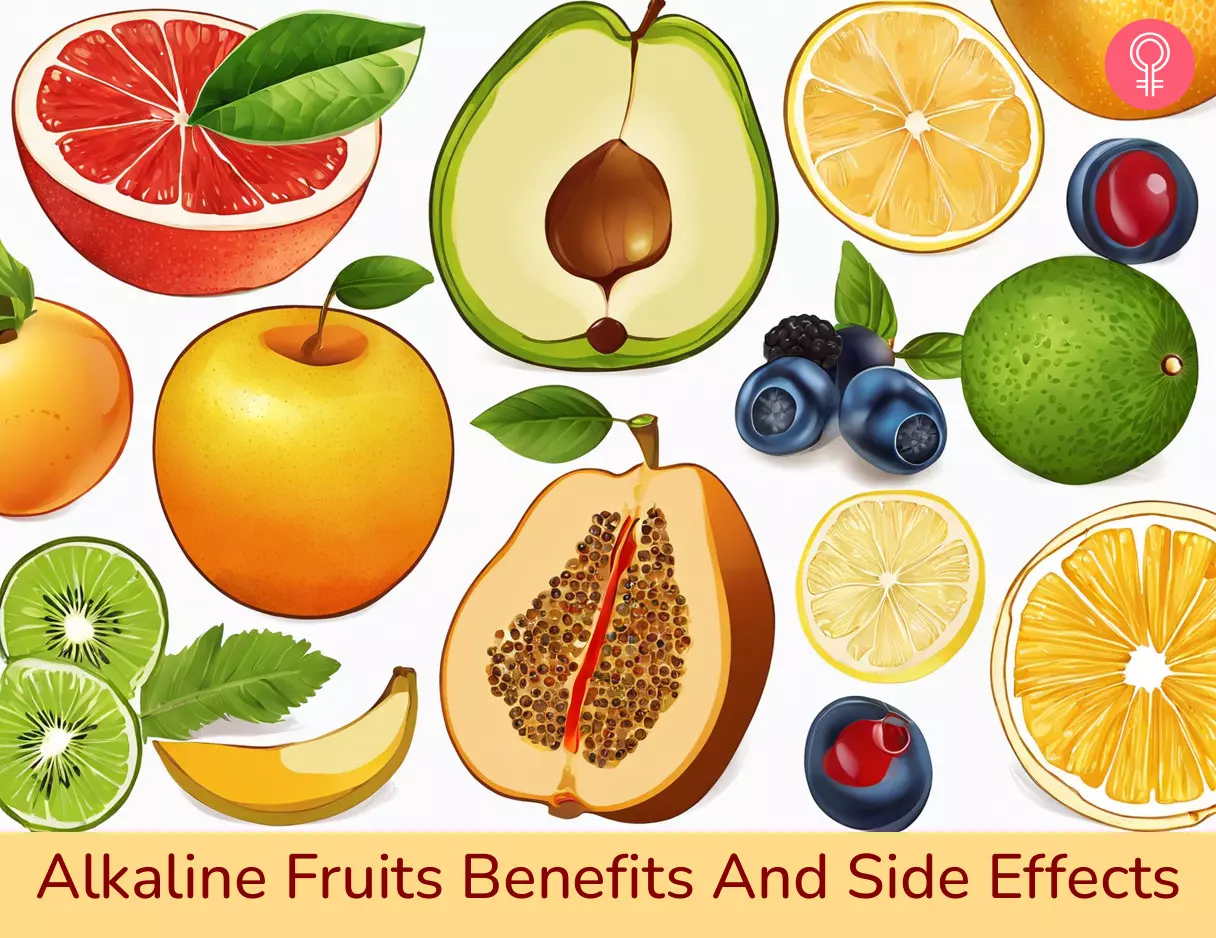
Image: Stable Diffusion/StyleCraze Design Team
Personal Experience: Source
StyleCraze's articles are interwoven with authentic personal narratives that provide depth and resonance to our content. Below are the sources of the personal accounts referenced in this article.
i. Day 30 Apple 2, and 3https://90apples30days.blogspot.com/2010/07/day-30-apple-2-and-3.html
References
Articles on StyleCraze are backed by verified information from peer-reviewed and academic research papers, reputed organizations, research institutions, and medical associations to ensure accuracy and relevance. Read our editorial policy to learn more.
- 24-Hour Measurement of Gastric pH in Rural South Africa
https://www.hindawi.com/journals/grp/2015/658106/ - The Question of Acid and Alkali Forming Foods
https://ajph.aphapublications.org/doi/pdf/10.2105/AJPH.26.11.1113 - The Acid-ash Hypothesis Revisited: A Reassessment of the Impact of Dietary Acidity on Bone
https://pubmed.ncbi.nlm.nih.gov/24557632/ - Reducing the Dietary Acid Load: How a More Alkaline Diet Benefits Patients With Chronic Kidney Disease
https://pubmed.ncbi.nlm.nih.gov/28117137/ - Apples
https://fdc.nal.usda.gov/food-details/171688/nutrients - Apple Phytochemicals and their Health Benefits
https://pubmed.ncbi.nlm.nih.gov/15140261/ - Bananas
https://fdc.nal.usda.gov/fdc-app.html#/food-details/173944/nutrients - Traditional and Medicinal Uses of Banana
https://www.phytojournal.com/vol1Issue3/Issue_sept_2012/9.1.pdf - Avocados
https://fdc.nal.usda.gov/fdc-app.html#/food-details/171705/nutrients - Avocado: ‘Characteristics’ Health Benefits and Uses
https://www.researchgate.net/publication/297736556_Avocado_Characteristics_health_benefits_and_uses - Cantaloupe Melon
https://fdc.nal.usda.gov/fdc-app.html#/food-details/169092/nutrients - Musk Melon is Eat-must Melon
https://www.researchgate.net/publication/266892031_Musk_melon_is_eat-must_melon - Dates
https://fdc.nal.usda.gov/fdc-app.html#/food-details/168191/nutrients - Therapeutic Effects of Date Fruits (Phoenix Dactylifera) in the ‘Prevention of Diseases via Modulation of Anti-inflammatory’ Antioxidant and Anti-tumour Activity
https://www.ncbi.nlm.nih.gov/labs/pmc/articles/PMC3992385/ - Diet-Induced Low-Grade Metabolic Acidosis and Clinical Outcomes: A Review
https://www.ncbi.nlm.nih.gov/pmc/articles/PMC5490517/ - A Low-energy-dense Diet Adding Fruit Reduces Weight and Energy Intake in Women
https://pubmed.ncbi.nlm.nih.gov/18439712/ - Effects of Native Banana Starch Supplementation on Body Weight and Insulin Sensitivity in Obese Type 2 Diabetics
https://www.ncbi.nlm.nih.gov/labs/pmc/articles/PMC2898027/ - Dietary Sources of Lutein and Zeaxanthin Carotenoids and Their Role in Eye Health
https://www.ncbi.nlm.nih.gov/pmc/articles/PMC3705341/ - Plasma Lutein and Zeaxanthin and Other Carotenoids as Modifiable Risk Factors for Age-related Maculopathy and Cataract: the POLA Study
https://pubmed.ncbi.nlm.nih.gov/16723441/ - ‘Bananas’ a Source of Compounds with Health Properties
https://www.researchgate.net/publication/284276760_Bananas_a_source_of_compounds_with_health_properties - Impact of Palm Date Consumption on Microbiota Growth and Large Intestinal Health: a ‘Randomised’ ‘Controlled’ ‘Cross-over’ Human Intervention Study
https://pubmed.ncbi.nlm.nih.gov/26428278/ - Diet Rich in ‘Date Palm Fruits Improves Memory’ Learning and Reduces Beta Amyloid in Transgenic Mouse Model of Alzheimer\’s Disease
https://www.ncbi.nlm.nih.gov/labs/pmc/articles/PMC4484046/ - Apple Juice Concentrate Prevents Oxidative Damage and Impaired Maze Performance in Aged Mice
https://pubmed.ncbi.nlm.nih.gov/16340085/ - Banana Blossom (Musa acuminate Colla) Incorporated Experimental Diets Modulate Serum Cholesterol and Serum Glucose Level in Wistar Rats Fed with Cholesterol
https://www.hindawi.com/journals/cholesterol/2016/9747412/ - A Moderate-Fat Diet with One Avocado per Day Increases Plasma Antioxidants and ‘Decreases the Oxidation of Small’ Dense LDL in Adults with Overweight and Obesity: A Randomized Controlled Trial
https://academic.oup.com/jn/article/150/2/276/5588100 - Postgraduate Symposium: Positive influence of nutritional alkalinity on bone health
https://pubmed.ncbi.nlm.nih.gov/19954569/ - Symptoms Associated with Dietary Fiber Supplementation over Time in Individuals with Fecal Incontinence
https://www.ncbi.nlm.nih.gov/labs/pmc/articles/PMC3400503/ - Allergy to Date Fruits: Characterization of Antigens and Allergens of Fruits of the Date Palm (Phoenix Dactylifera L.)
https://pubmed.ncbi.nlm.nih.gov/10688430/ - Clinical Characteristics of Melon (Cucumis Melo) Allergy
https://pubmed.ncbi.nlm.nih.gov/14533664/ - Dietary Trigger Factors of Migraine and Tension-type Headache in a South East Asian Country
https://www.ncbi.nlm.nih.gov/labs/pmc/articles/PMC6029602/
Read full bio of Michelle Hawksworth
Read full bio of Varsha Patnaik
Read full bio of Ravi Teja Tadimalla
Read full bio of Payal Karnik







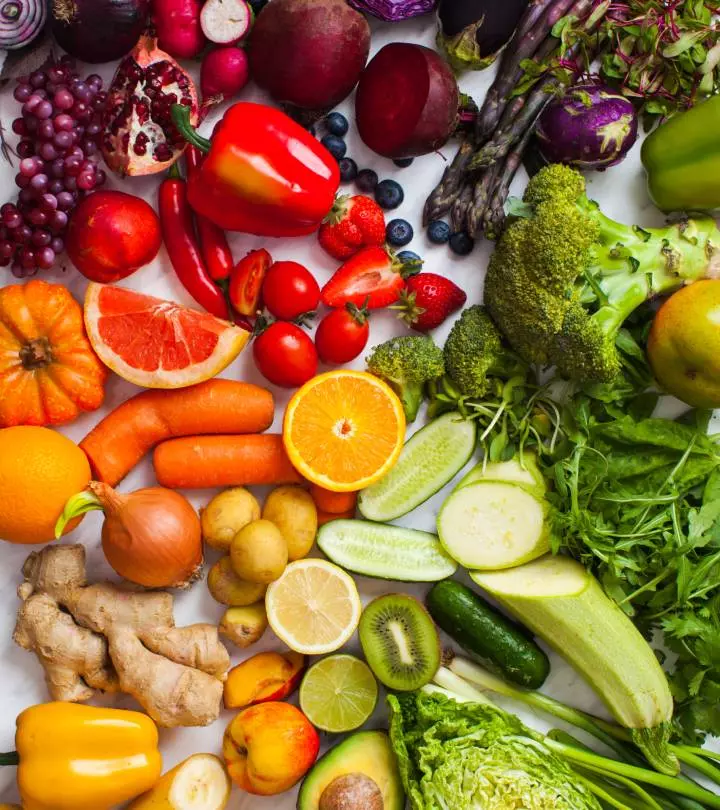
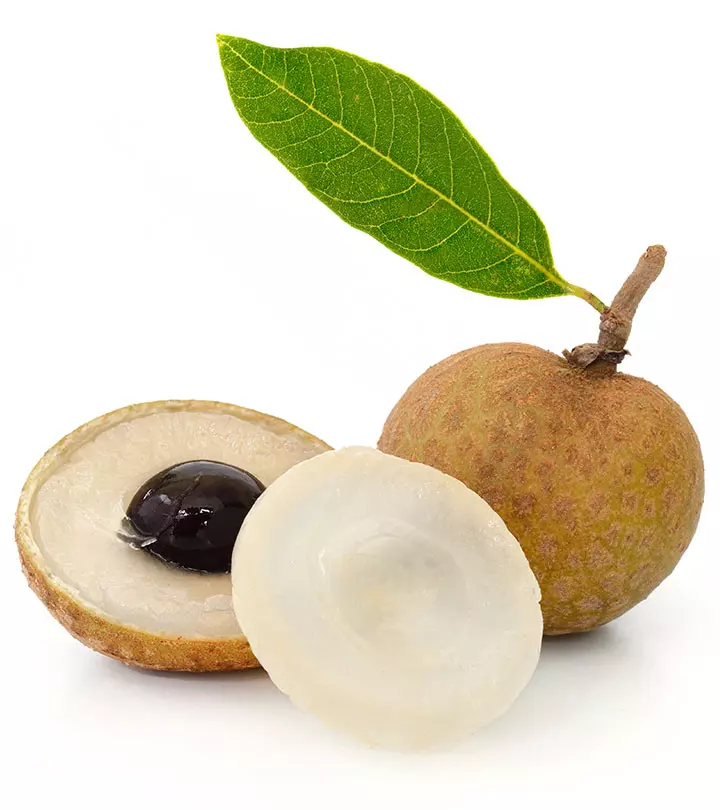
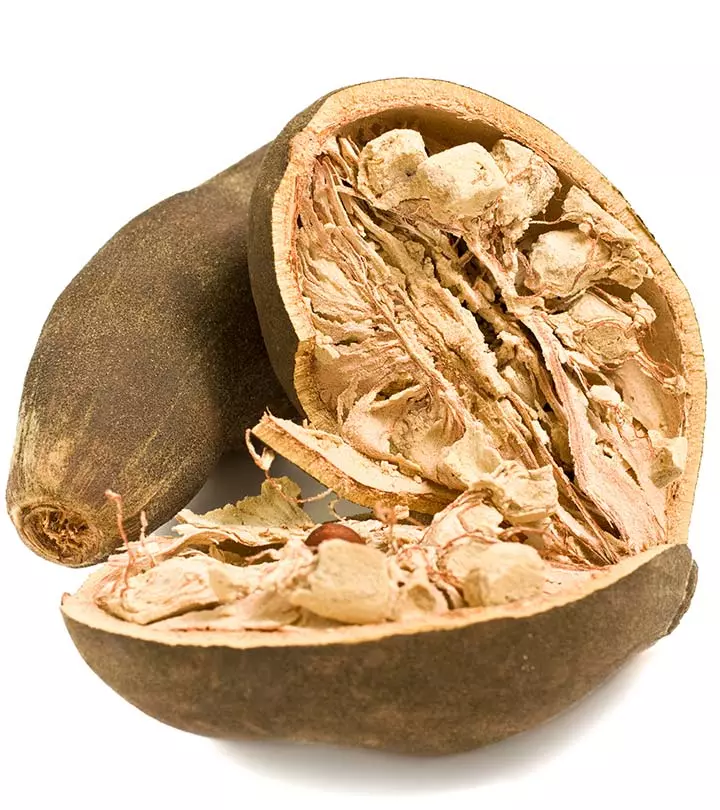
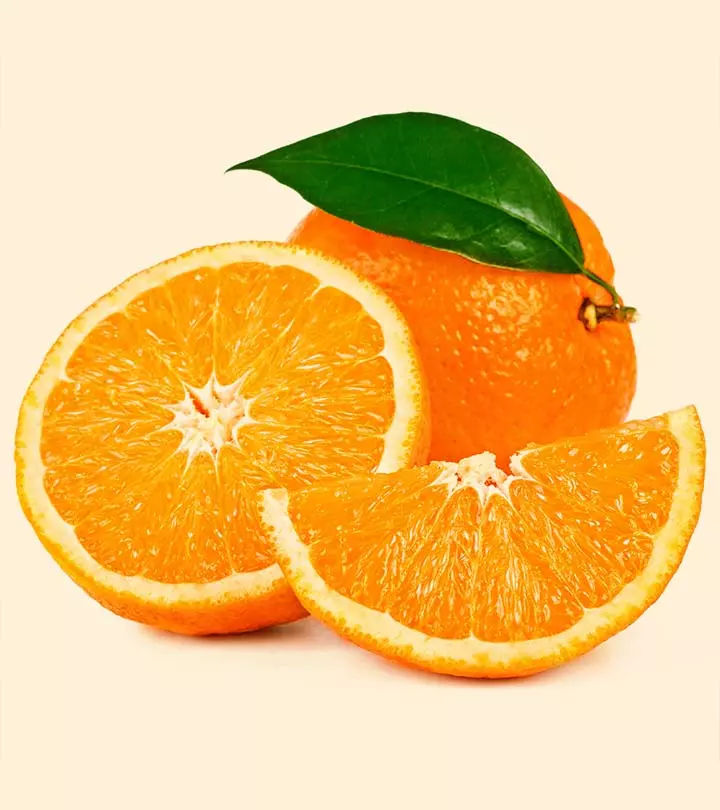
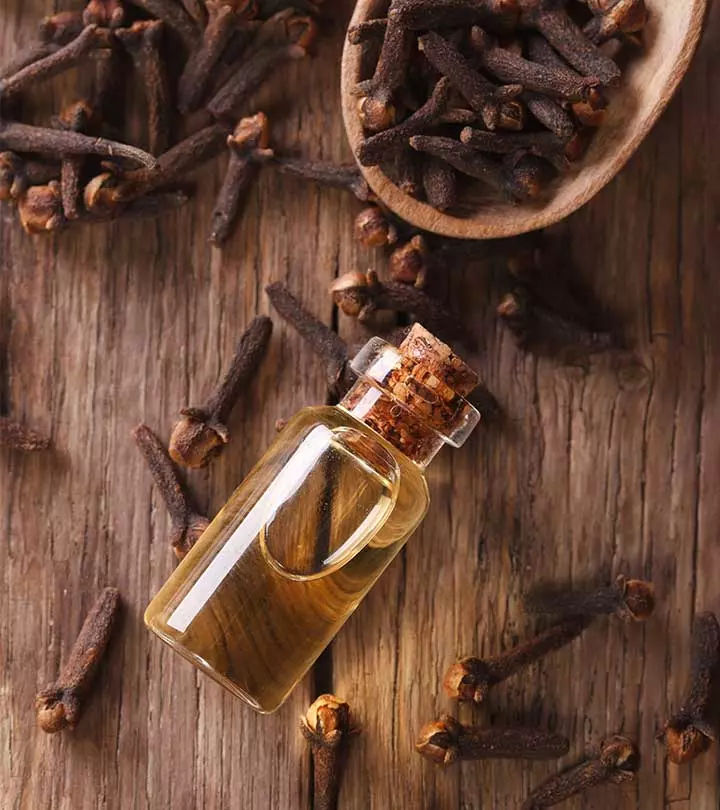
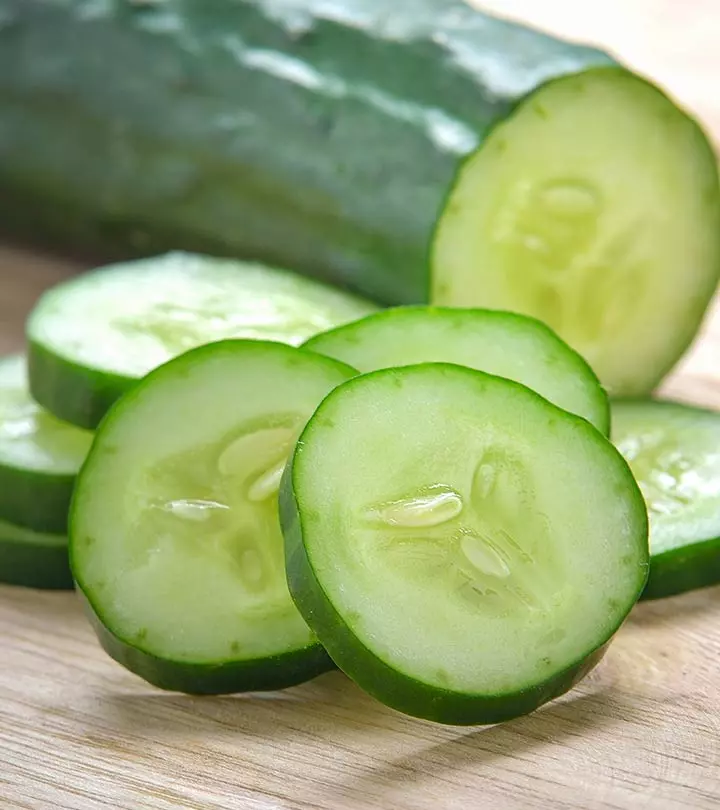
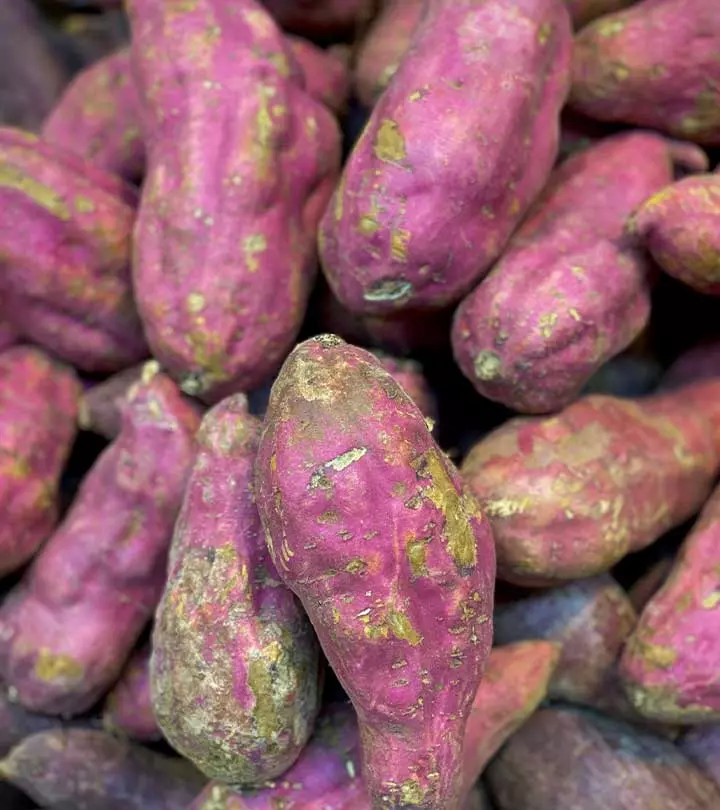
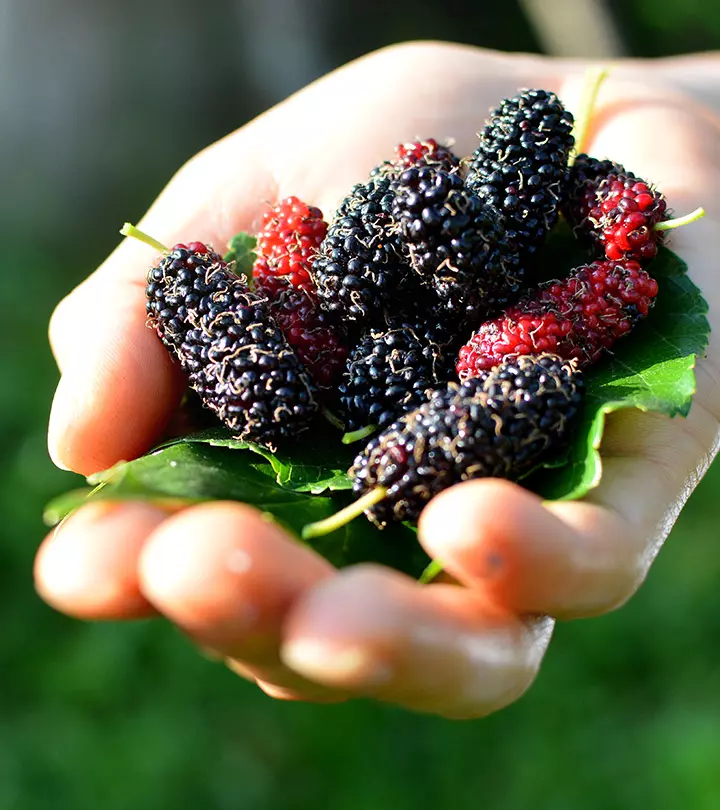
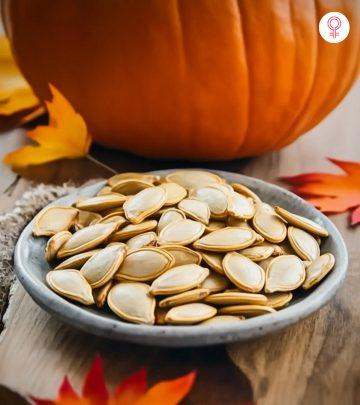


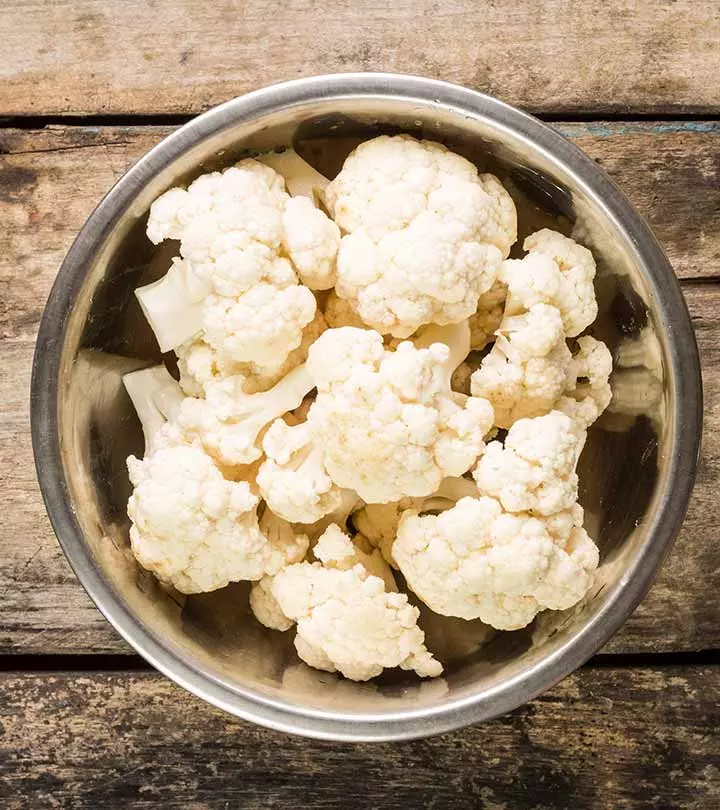
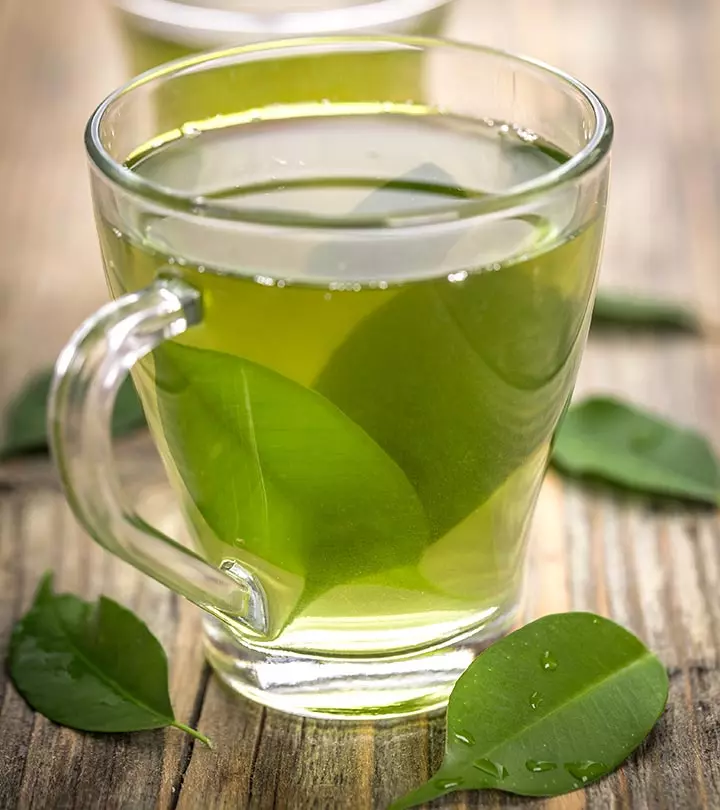
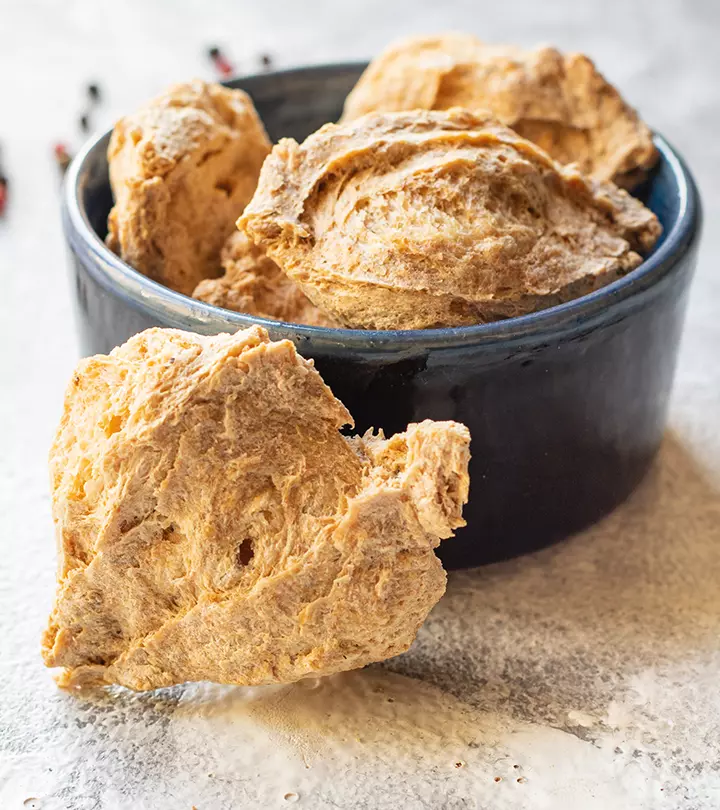


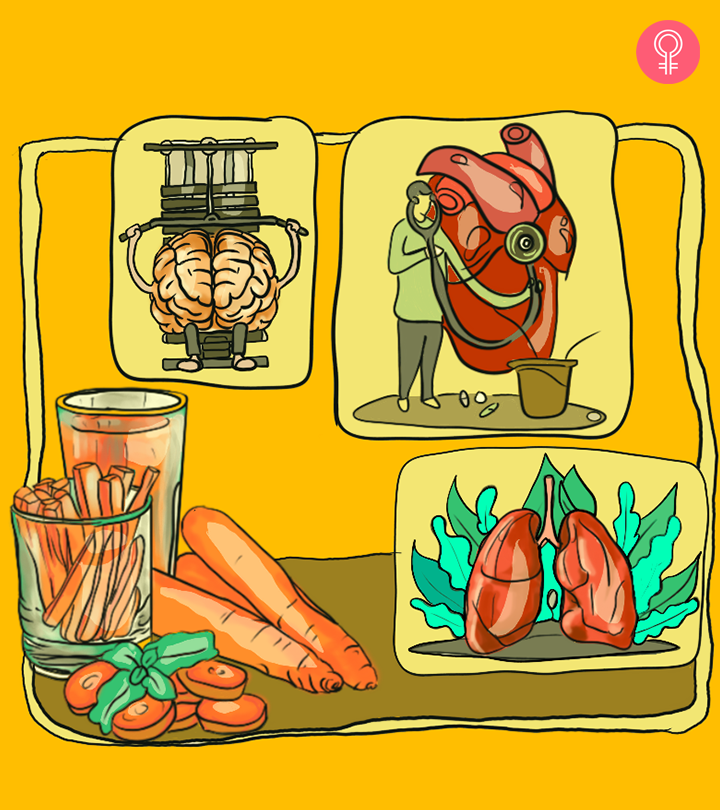
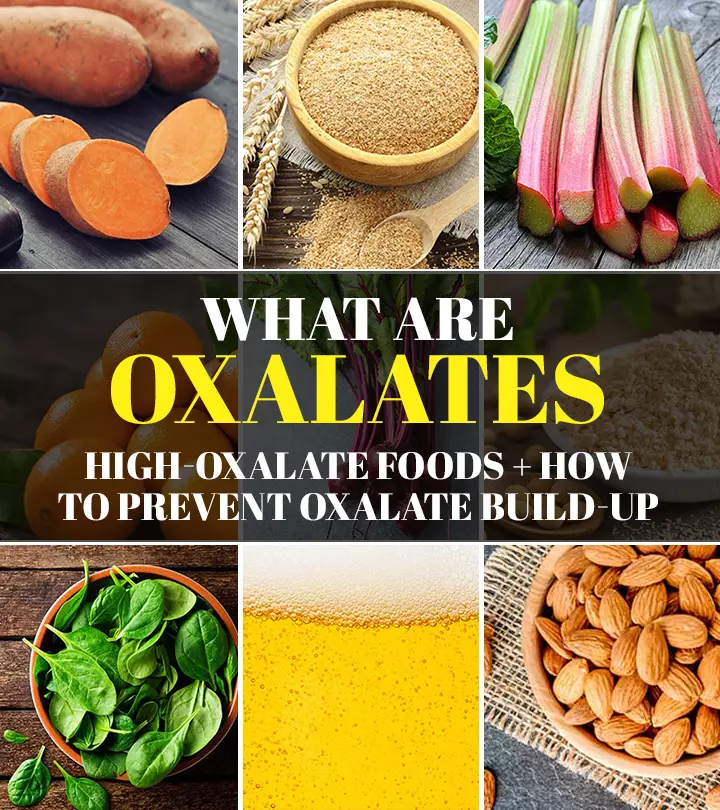
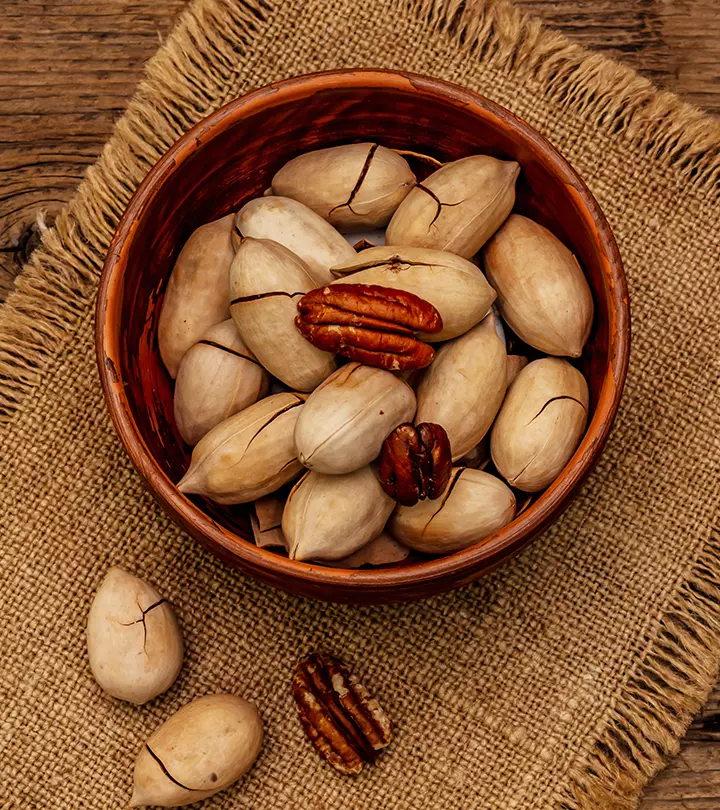
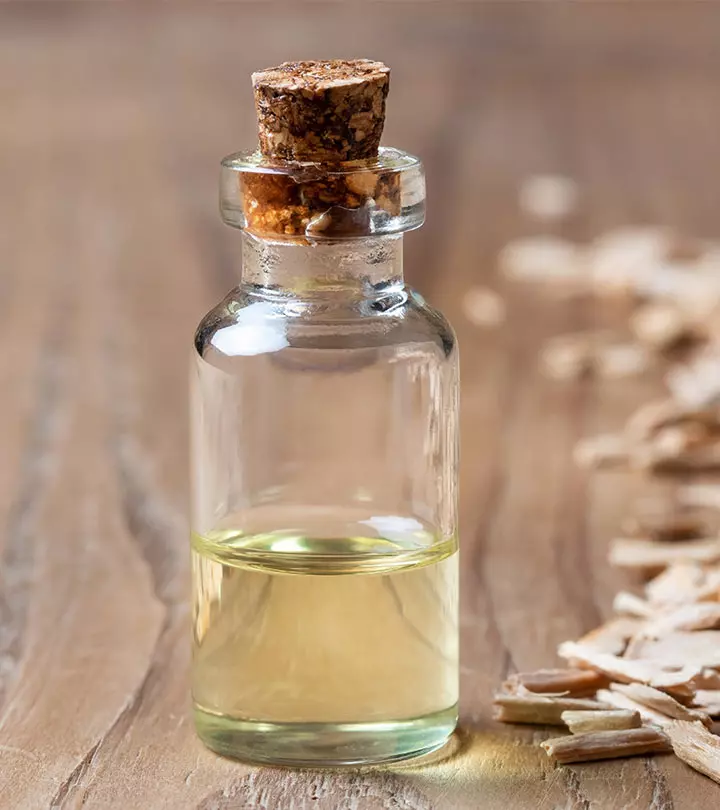
Community Experiences
Join the conversation and become a part of our empowering community! Share your stories, experiences, and insights to connect with other beauty, lifestyle, and health enthusiasts.